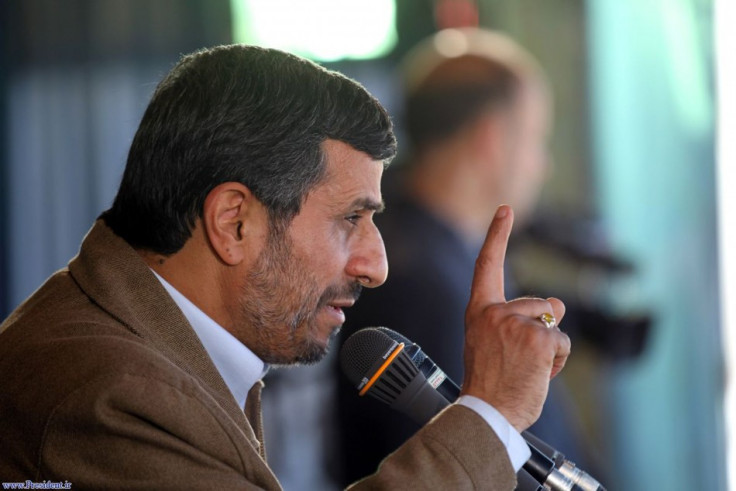Bahrain Claims to Have Smashed Iran-backed Terrorist Attack

Tensions between the Arab states of the Gulf region reached a new high this week-end as Bahrain claimed it had broken up a terrorist group which had allegedly planned a series of attacks on the ministry, the Saudi embassy in Manama and the causeway which links the archipelago state to Saudi Arabia.
The Bahraini interior ministry issued a statement saying that a Qatari security agency has detained four people while another suspect was detained in Bahrain. The four suspects had been travelling by car from Saudi Arabia.
The suspects were in possession of large amounts of US and Iranian currency, had airline bookings to Syria and were understood to hold sensitive information relating to infrastructure, the statement also said.
The suspects are now accused of planning attacks on the ministry, the Saudi embassy in Manama and the causeway which links the archipelago state to Saudi Arabia.
"Inquiries revealed that the suspects had illegally left Bahrain after being incited by others to go to Iran, passing through Qatar and Syria, to establish a group that would carry out armed terrorist operations in Bahrain against vital establishments and individuals," the statement said.
A spokesman also said that the cell had been set up by two men he named as Abderrauf al-Shaieb and Ali Mashaima, who lived abroad but remained in contacts with the five accused.
"They coordinated with military structures abroad, including the Revolutionary Guards and the Basij (militia) in Iran to train the recruits of the group in handling arms and explosives," the spokesperson also said.
"One of them went to Iran where he met with a certain Assad Qassir, linked to the Revolutionary Guards and the Basij," he said. The suspect received arms training and "sums of money from Iranian elements to finance the organisation."
The suspects have been remanded in custody for a 60-day period to allow for an investigation to be completed, the judiciary official said.
Authorities seized "documents and a computer containing information of a security nature (and) details on certain vital sites," as well as dollars and Iranian rials," added spokesman.
"They then confessed that they had left Bahrain illegally at the instigation of others," planning to travel on to Iran via Qatar and Syria, to form an "organisation to commit armed terrorist acts in Bahrain," he said.
The Bahraini government has previously hinted that the pro-democracy protests led by the Shia majority and which took place in February and March were the direct consequence of interference from neighbouring Iran.
The Kingdom was however accused of leading a severe crackdown on protesters with the help of Saudi Arabia, and claims of widespread torture emerged. A report on the protests and the crackdown by the independent royal commission is expected to be presented to King Hamad bin Isa al-Khalifa on November 23.
Last month, Iran was also accused of planning to assassinate the Saudi ambassador to Washington, which angered the Kingdom and prompted calls for harsher sanctions against Teheran.
However Iran has now reject the latest Bahraini claims and Iranian Deputy Foreign Minister Amir Abdollahian said Bahrain's allegations were "baseless and fabricated", on Sunday.
The Iranian minister also called on the Bahraini government to focus instead on repairing the "deep schism" between its Sunni monarchy and Shiite majority.
Iran has seen itself at the centre of various controversial claims and tensions between the Sunni-ruled Arab monarchies and Shia Iran have mounted in recent weeks.
Iran's uranium enrichment programme has also been the subject of a report by the International Atomic Energy Agency (IAEA) that was published last week, and prompted new calls by the US and Israel for the country to suspend its programme.
Recent leaks also suggested that Israel was considering attacking some of Iran's nuclear facilities.
With Syria still stuck in a political crisis and divided over the supporters of embattled president Bashar al-Asad and his critics Iran has found itself more and more isolated in the Gulf Region.
© Copyright IBTimes 2024. All rights reserved.








